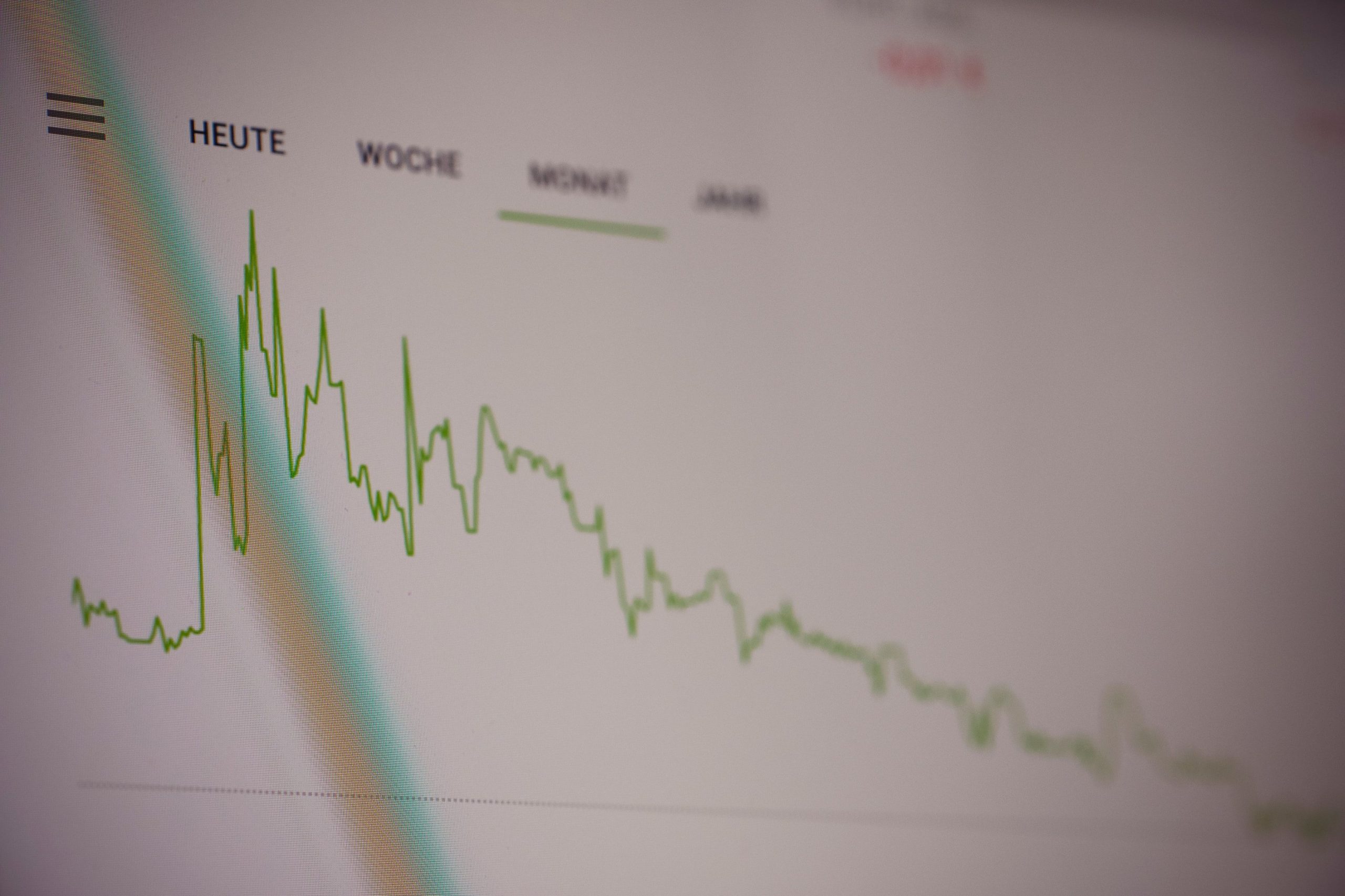The European Commission on Monday revised its growth and inflation forecast for the Eurozone, blaming the ongoing war between Russia and Ukraine for stunted growth and soaring inflation.
As per the Commission’s revised forecasts, the growth forecast for the 19 countries that use Euro has been slashed to 2.7% from the earlier forecast of 4.0% in February, shortly before the Russian invasion began on February 24.
Also read | NATO mulls expanding alliance as Russia falters in Ukraine
The Commission further added that growth is expected to slow down further next year, with the Eurozone’s economic growth expected to be around 2.3% next year.
As for inflation, the Commission’s revised forecast puts inflation for this year at 6.1%, considerably higher than the European Central Bank’s goal of limiting inflation to 2.0%. However, the Commission’s revised estimates suggest that inflation will slow to 2.7% next year.
Also read | Pro-Russia hackers’ attempts to disrupt Eurovision thwarted by Italian police
“The outlook for the EU economy before the outbreak of the war was for a prolonged and robust expansion. But Russia’s invasion of Ukraine has posed new challenges, just as the Union had recovered from the economic impacts of the pandemic,” the Commission said in a statement, while announcing its revised estimates.
“By exerting further upward pressures on commodity prices, causing renewed supply disruptions and increasing uncertainty, the war is exacerbating pre-existing headwinds to growth, which were previously expected to subside,” it added.
Also read | India wheat export ban: Nation to supply grain to countries in need
However, the Commission went on to say that the aggregate European Union (EU) government deficit would shrink from 4.7% of GPD in 2021 to 3.6% of GDP in 2022, and further to 2.5% in 2023 as COVID support measures are withdraw.
Similarly, unemployment in the Eurozone is expected to shrink from 7.7% in 2021 to 7.3% in 2022, and further to 2.0% in 2023.







